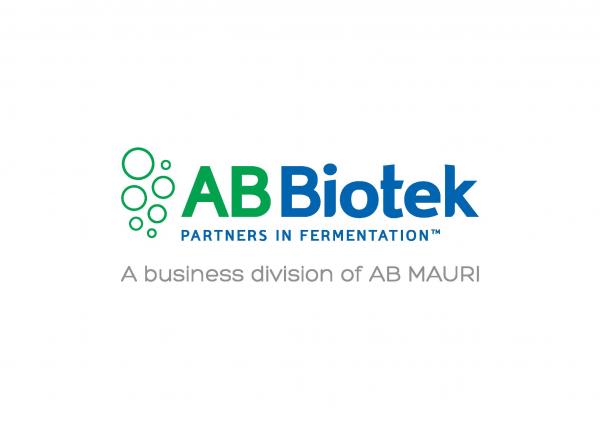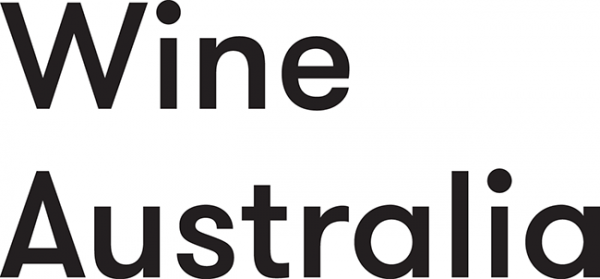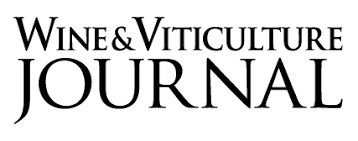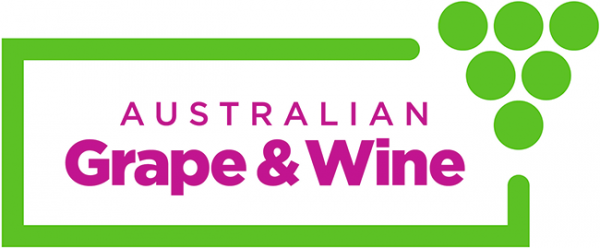The ASVO Awards for Excellence is a prestigious event to promote industry excellence, foster leadership, and encourage innovation and sustainability in the Australian wine industry.
“It is fantastic to see so many individuals in the Australian grape and wine community that are willing to go the extra mile to help others. The finalists for Viticulturist and Winemaker of the Year in 2021 are examples of this- seeking out new, innovative ways to improve their business processes, whilst willingly sharing their knowledge and experiences with their peers to ensure the industry as a whole can grow. I congratulate each finalist for their achievements to date and look forward to following any future endeavours”, said Brooke Howell, ASVO President.
The Awards for Excellence event includes presentations of the ASVO Viticulturist and Winemaker of the Year, recognition of the Best Viticulture and Oenology Papers from the Australian Journal of Grape and Wine Research, presentation of the Dr Peter May award for most cited paper from the Journal in the last 5 years and an announcement of new ASVO Fellows.
The 2021 Awards will be held at the National Wine Centre, Adelaide on Wednesday 17th November and will also be live-streamed to regional venues around Australia.
2021 Winemaker of the Year Finalists
Chair of the Winemaker of the Year advisory committee, Anna Hooper said, “The quality of this year’s nominations highlights the exceptional calibre of winemaking professionals in Australia making significant contributions to the advancement of the sector through leadership and innovation. I congratulate the three outstanding individuals who we have named as finalists for their success amongst such a strong field.”
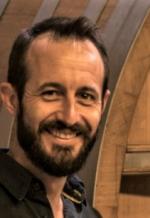
Alex Cassegrain, Cassegrain Wines
Alex has extensively trialled ideas to find the best possible solutions for the widespread smoke taint issue in 2020. The 2020 bush fires had a devastating impact on a significant portion of grape growing regions in Australia which motivated Alex to work in unison with growers, suppliers, research companies and agencies to further the industries organoleptic and chemical understanding of smoke taint, and how it can best be treated during and after ferment, to either mitigate or reduce its effects on the wine.
“I am confident in the coming years through trial and error, innovations and experimentation we will be in a much better position to navigate our way through the challenges associated with smoke taint as a result of bush fires. Sharing this information, knowledge and techniques I believe will be the most important outcome for what we are hoping to achieve. What could have been a disaster for our industry has turned into a potential internationally recognised innovation” said Alex.
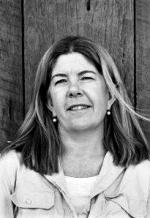
Sam Connew, Stargazer Wine
After two decades of working for mainland wine companies Sam purchased her own vineyard and
label, Stargazer. in the last five years Sam broadened the area of planted vineyard to include viticultural diversity, with a range of numerous clones and varieties and her efforts were recognised in 2019 by being awarded ‘Tasmanian Vineyard or the Year’ and ‘Most Improved Vineyard’ by the Royal Agricultural Society of Tasmania.
Cultural diversity within the wine industry is another passion of Sam’s, she was an inaugural advisory member of the Australian Women in Wine Awards from 2015 to 2017 and continues to pursue these objectives in current industry roles.
“Starting my Tasmanian label, Stargazer in 2012, has enabled me to set the style boundaries of my wines with no winemaking history or tradition to adhere to and in a dynamic, exciting, relatively ‘young’ wine region. Importantly, this is in a winemaking, viticultural and company environment where I am only answerable to myself for my successes and failures” said Sam.

John Hughes, Rieslingfreak
John is a passionate Riesling advocate and winemaker. John has strived to showcase the versatility of the Riesling variety and bring it to the forefront of the Australian wine consciousness, by embracing a variety of old world techniques and modern winemaking practices. John initiated a regional initiative known as “Riesling - Eden Valley” to foster a unified, regional approach to Riesling promotion and encourage sharing of ideas and technical skills among producers.
John has also sponsored a scholarship for Barossa teenagers with a disability, providing funds and personal mentoring to guide them into tertiary education and work experience to hopefully see them move into fulfilling careers that benefit themselves, their families and our community.
“I believe that my singular focus on producing one variety to its very best in every conceivable style is an extremely innovative and unique approach in the Australian Wine Industry; while the ripple effect created by the popularity and critical acclaim enjoyed by Rieslingfreak has undoubtedly inspired other winemakers to explore the many unique and diverse opportunities this noble variety has to offer,” said John
2021 Viticulturist of the Year Finalists
Colin Bell, 2018 ASVO Viticulturist of the Year, and chair of the 2021 Viticulturist of the Year advisory committee said “All of the nominations showed a level of innovation and community contribution that is essential of an ASVO Viticulturist of the Year. It was exciting for the committee to learn more about all the nominees, and exceedingly hard to select finalists. We want to congratulate everyone nominated and thank you for reinforcing our appreciation of the hard work, passion and commitment in our sector,” said Colin

Richard Leask, Leask Agri
Richard Leask is a second-generation winegrower based in McLaren Vale, with twenty-seven years of experience in McLaren Vale, Western Australia, and the Riverland. He is viticulture Graduate of CSU in Wagga Wagga. Presently, he is at the helm of Leask Agri a vineyard management and contracting company managing family-owned and client vineyards totalling 150ha. He with his brother Malcolm own boutique wine label Hither and Yon with the label and the vineyards that supply it having a strong focus on climatically adaptive alternative varieties. Richard has been an advocate and practitioner of biological farming for over a decade and is one of the founding chapter authors of the Sustainable Winegrowing Australia program. He is a 2017 graduate of the wine industry’s Future Leaders program run by Wine Australia. In 2019 he was awarded a Nuffield Farming Scholarship to study regenerative agriculture systems across farming enterprises globally.
“I am curious, almost restless always looking to increase my knowledge base but also that of my team and industry. I have been fortunate to receive this generosity from many people around the globe and I have a strong desire to reciprocate when able,” said Richard.
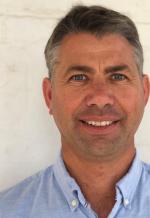
Ben Harris, Treasury Wine Estates.
Ben is the Viticulture Manager for Treasury Wine Estates. This role includes overseeing the technical viticulture strategy for Australia and New Zealand. It also includes managing the vineyard operations in Tasmania, Western Australia and New Zealand. Ben was born and raised in the Adelaide Hills of South Australia, where he commenced his involvement in the wine industry in 1993. With an interest in wine and agriculture, Ben went on to complete a Bachelor of Agricultural Science (Viticultural Science) at the University of Adelaide. He has since worked in several roles throughout Australia, New Zealand and Bordeaux, which include technical and management roles in McLaren Vale and Langhorne Creek, managing the Penfolds vineyard at Robe and managing the Wynns Coonawarra Estate vineyards. Ben completed the Future Leaders program, Course 4 in 2010.
“My vision is to continuously improve vineyard performance and sustainability while protecting our vineyards from biosecurity risks. I want to leverage the latest R&D, innovation, and technology to create real step change, while also applying the key learnings from the past. I’m also focused on removing one of the biggest challenges which is, bridging the gap between R&D and the practical application of the latest knowledge and technology," said Ben.
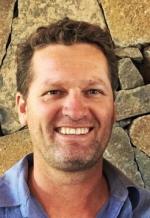
Darren Fahey, NSW Department of Primary Industries
Darren graduated with a Bachelor of Horticultural Science (Viticulture) at the University of Western Sydney and researched the use of recycled organic mulch in vineyards across six wine regions of NSW. Since then, he has developed, implemented and led many trials in association with grape growers across NSW in his role as a regional partner for Wine Australia. In his efforts to improve vineyard management practices and outcomes for growers including the alternate uses of grape marc for food and medicine and the investigation of polymers and single over row netting to maintain yield and quality as mitigation strategies under changing climatic conditions. Darren has been instrumental in developing the NSW DPI Grapevine Management Guide each year as well as the NSW DPI VineWatch newsletters.
“My primary passion for viticulture is to lead wine grape growers via knowledge, extension and demonstration of practices to enhance vine management and fruit quality outcomes beyond current practice”, said Darren.
